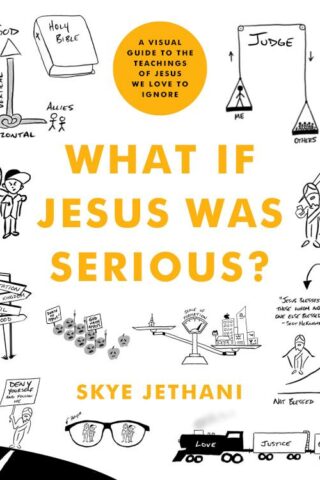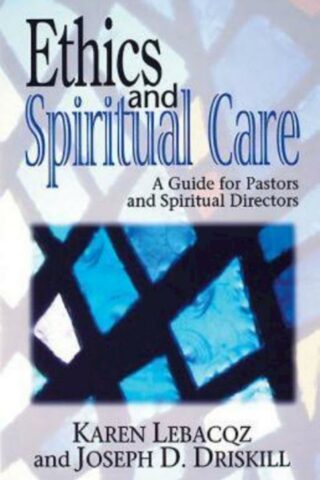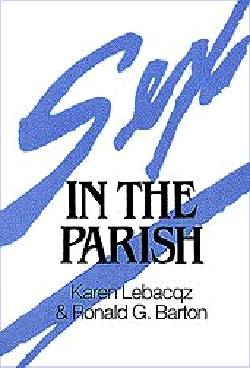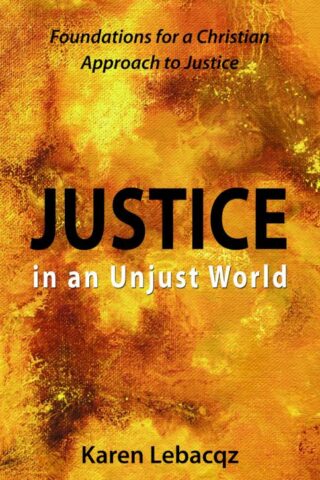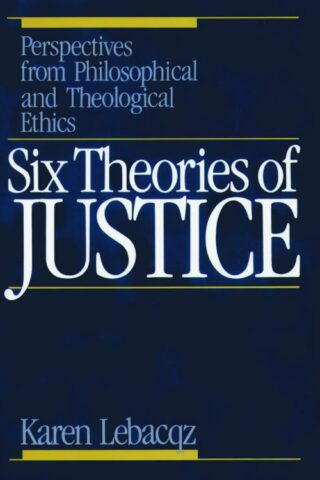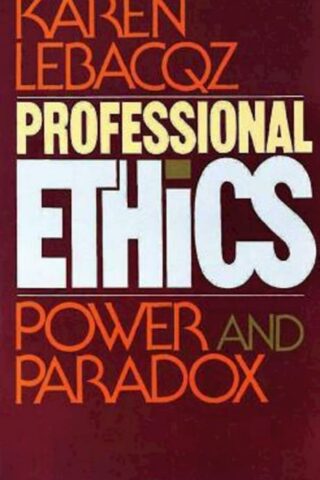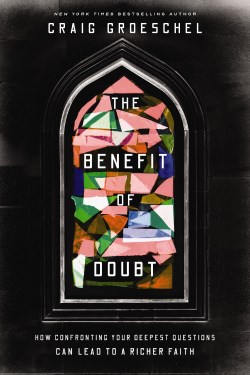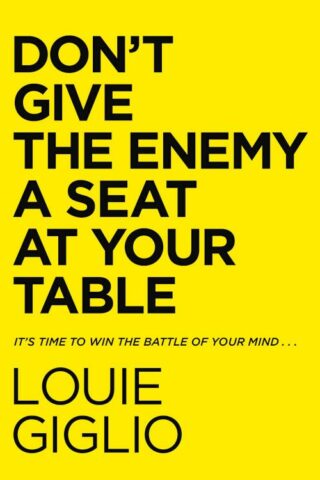Karen Lebacqz
Showing all 5 resultsSorted by latest
-
Ethics And Spiritual Care
$23.99Ethics and Spiritual Care responds to three phenomena of increasing importance. (1) Although spiritual care is at the heart of ordained ministry, there is no text in professional ethics for clergy that focuses specifically on spiritual care. What ethical guidelines are needed to ensure that spiritual care in ministry is appropriate? (2) Many people in our world do not consider themselves “religious,” but use the term “spiritual.” The burgeoning interest in “spirituality” is an invitation to people with little training to set themselves up as “spiritual directors.” Guidelines are needed not simply for the ethical practice of parish ministry, but for specific practices of spiritual direction. (3) Allegations of “spiritual abuse” have been made both in practice and in the literature: the term is being used with some frequency. The development of the term and its implications requires some scrutiny and response as “sexual abuse” is not a good model for understanding spiritual abuse.
Add to cartin stock within 3-5 days of online purchase
-
Sex In The Parish
$52.00Karen Lebacqz and Ronald Barton examine the gift of sexuality in relation to the parish and the dynamics of sexual desire and temptation. Included in this book are the expreiences of a pastor who did not set appropriate limits; explainations of how the pastoral role affects sexual contact between pastor and parishioner; suggestions for a framework of ethical analysis; an examination of questions for women in ministry, single pastors, and pastors who are gay, lesbian, or bisexual; and a review of ethical issues related to persons who carry responsibilities for the structures of ministerial practice.
Add to cartin stock within 3-5 days of online purchase
-
Justice In The Unjust World
$48.33Have we heard the cry for justice that rises from humanity suffering from varieties of injustice: economic, sexual, political, cultural, verbal? Or, what is more, have Christians on occasion, knowingly or unknowingly, acquiesced in – or even contributed to – injustice?
By means of powerful and dramatic use of biblical images and models, Dr. Lebacqz sets before us the justice of God and God’s call for us to heed the cry of the suffering and to work for justice in an unjust world.
Add to cartin stock within 3-5 days of online purchase
-
6 Theories Of Justice
$31.66Dr. Lebacqz surveys three philosophical approaches to justice: John Stuart Mill’s utilitarianism, the “contract” system of John Rawls, and the “entitlement” views of Robert Nozick. These are followed by analysis of three theological approaches: that of the National Conference of Catholic Bishops, of Reinhold Niebuhr, and the liberation theologian Jose Porfirio Miranda. A comparison of the effectiveness of each approach in providing direction for facing and dealing with contemporary issues and situations adds to the usefulness of this volume
Add to cartin stock within 3-5 days of online purchase
-
Professional Ethics : Power And Paradox
$25.99Karen Lebacqz here offers a logical yet eminently human framework for ethical decision making. Quoting and clarifying the thoughts of the field’s top authorities, Dr. Lebacqz summarizes the issues and questions that have, until now, served as the boundaries of debate. Then she moves beyond that; formulating new questions, demonstrating why the answers to those questions are critical, laying the groundwork for what eventually emerges–a new way of perceiving and resolving complex ethical questions.
Professional Ethics: Power and Paradox utilizes the “praxis” method of analysis. An actual ethical dilemma is offered, then treated theoretically throughout the text in order to demonstrate how a professional decision involving the dilemma might be reached.
Central to the ethical framework offered here is the focus on three steps toward a decision: action (what are the available alternatives?); character (what does it mean to be a professional in relation to the question?); and structure (how do structures limit or modify the alternatives?). The resolution of these and related, subordinate questions, Dr. Lebacqz asserts, is the foundation of a new framework for ethical decision making.
Add to cartin stock within 3-5 days of online purchase



